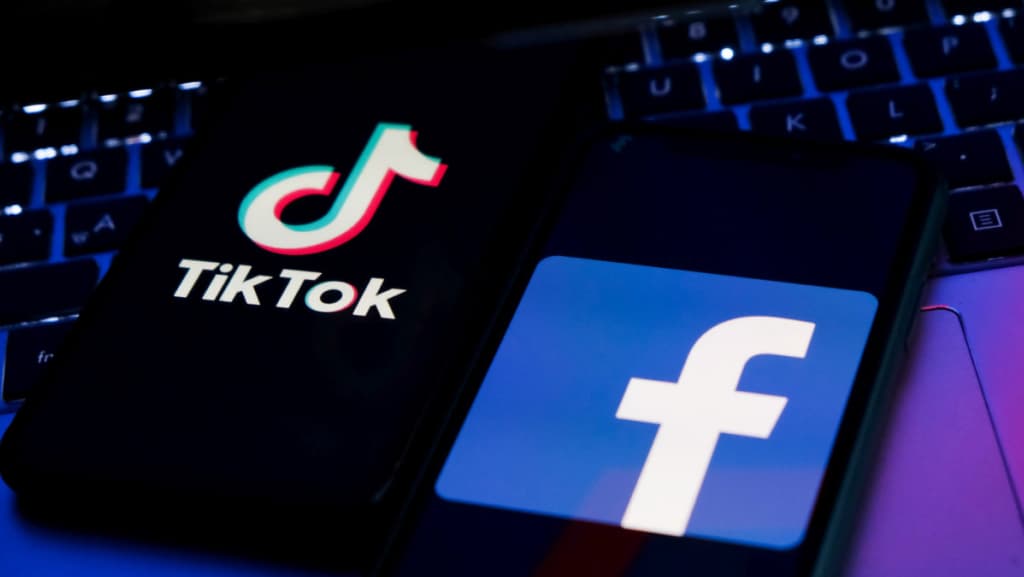
Meta, TikTok Contest EU's Tech Fees in Second-Highest Court
Meta and TikTok are opposing the EU’s Digital Services Act fees, arguing that the levy system is unfair, lacks transparency, and penalises compliance
Meta and TikTok have initiated legal proceedings against the European Commission in the EU General Court, challenging what they describe as disproportionate regulatory fees imposed under the Digital Services Act (DSA). These tech giants argue that the platform supervision levy, designed to fund enforcement of the DSA, is unfair and lacks transparency.
The Core Legal Challenge
The DSA mandates that very large online platforms (VLOPs), such as Meta Platforms Inc. and TikTok, contribute financially to support regulatory oversight. The European Commission calculates the annual fee based on the number of active users and the company's global earnings. In 2023, this system resulted in a combined tech industry bill of around €45 million.
However, Meta and TikTok argue that the levy system unfairly targets platforms that cooperate fully with DSA requirements, while others, such as X (formerly Twitter), are reportedly non-compliant yet not held equally accountable in the fee structure. Meta claims this creates an uneven regulatory playing field and seeks to annul the Commission’s decision regarding its financial contribution.
Broader Implications for Digital Regulation
The lawsuits, now before the General Court in Luxembourg, will test the limits of the European Union's authority to finance its regulatory mechanisms through private-sector contributions. The DSA, which came into effect in 2023, is crucial for the EU’s digital governance framework, aiming to enhance transparency, consumer protection, and algorithmic accountability.
Legal analysts believe the outcome of these cases could redefine how regulatory costs are distributed among tech companies operating in the EU. It may also influence how future legislation, like the Digital Markets Act (DMA) and AI Act, approaches cost-sharing models.
Expert Insight
According to Sunil Ambalavelil, a seasoned legal expert and Chairman of Kaden Boriss,
“This case is not just about money. It's a constitutional test of administrative fairness and regulatory proportionality in the EU framework. The Commission must show that its fee calculations are equitable and legally grounded.”
He adds, “From a MENA region perspective, especially in tech-forward economies like the UAE, the precedent set here could shape how similar levies are introduced under future Gulf digital governance laws.”
Legal Precedents and Timeline
While the EU Commission has the authority under the DSA to enforce the levy, critics argue that the fee structure lacks an independent dispute mechanism, placing undue burden on companies to litigate their grievances. The General Court's ruling—expected in 2025—will set a legal precedent for future regulatory funding mechanisms across the continent.
As of now, both companies are complying with the fee payment requirement pending the outcome of the challenge. The Commission has yet to publicly comment on the pending litigation.
Conclusion
The legal clash between tech giants and EU regulators reflects growing tensions over the cost of compliance in the digital economy. As regulatory frameworks evolve to keep pace with rapid technological advancement, courts will increasingly serve as arbiters of fairness, transparency, and fiscal responsibility.
For any enquiries or information, contact info@thelawreporters.com or call us on +971 52 644 3004. Follow The Law Reporters on WhatsApp Channels